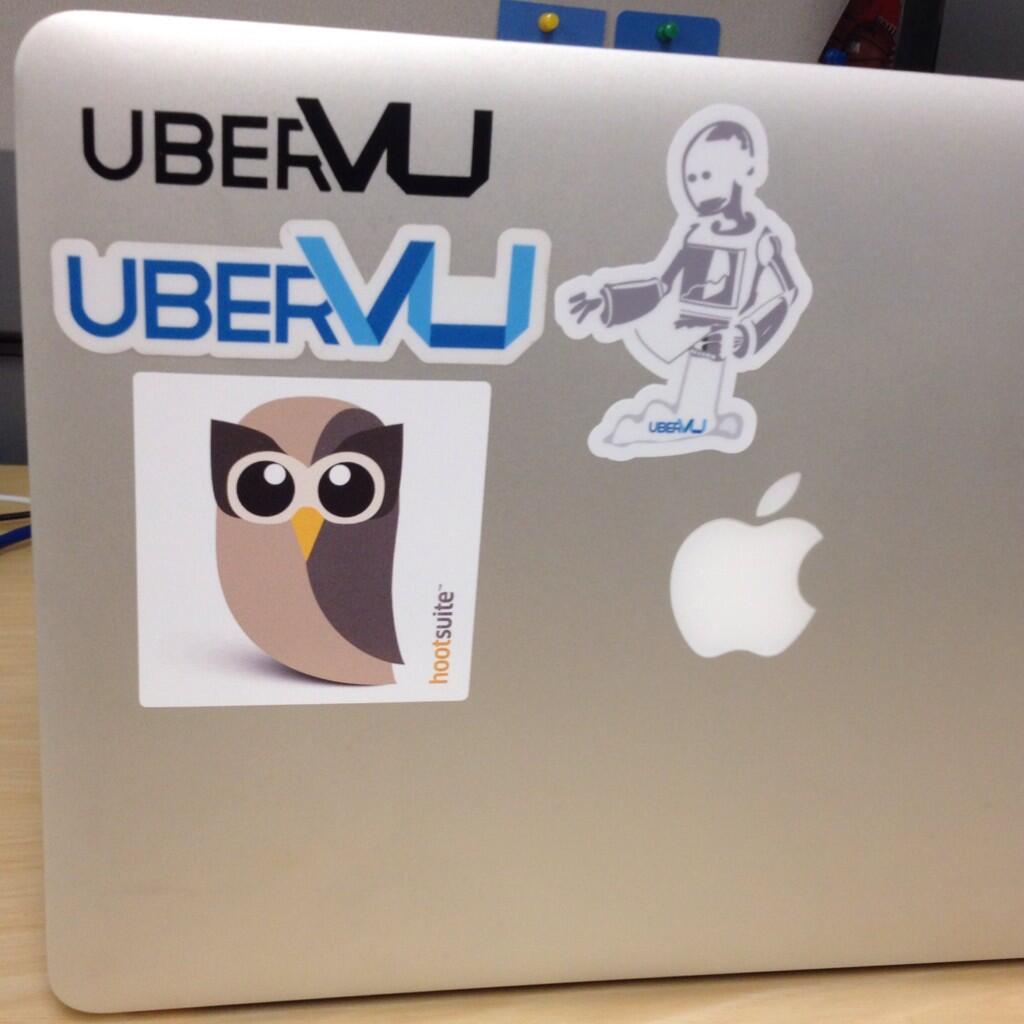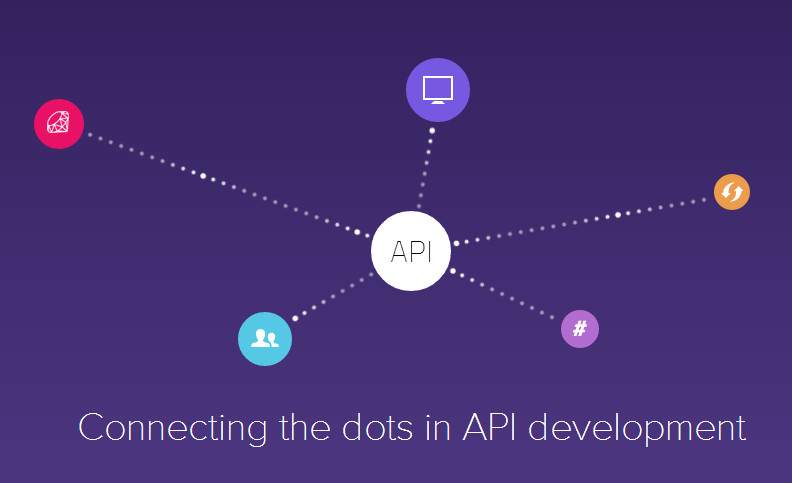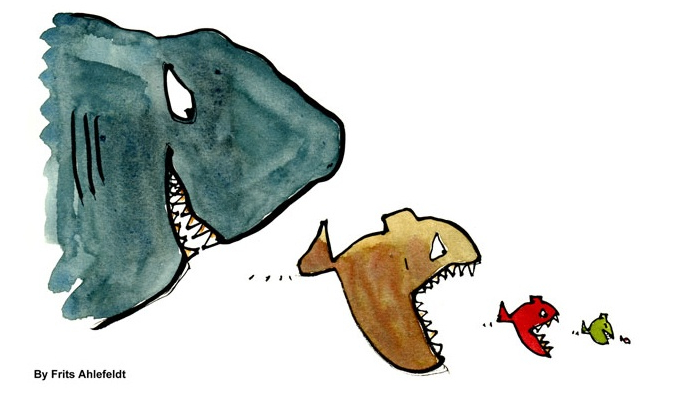The year 2011 has been remarkable for startups from Eastern Europe at Seedcamp. four companies from the region were shortlisted as finalists at this year’s Seedcamp Week 2011, and two other ones: Vox.io and GrabCAD became winners. Today I look in more detail at how Seedcamp has impacted Eastern European startups over the years.
Before going any further, let us agree on the definition of the region we are covering. I have been using the term Eastern Europe to define the fast-growing region that comprises former communist countries, including CEE (Central and Eastern Europe), as well as European CIS (Commonwealth of Independent States) countries. I would like to stick with this definition, as it is a less of an alphabet soup than CEE/CIS etc, even though it may not be technically or academically correct.
Eastern European companies have been present at Seedcamp since 2007, starting with Zemanta from Slovenia. I was curious about the performance of startups after they have won a Seedcamp competition, so I spoke to some of the Eastern European finalists from the years 2007 to 2009, and this is what I learned.
Boštjan Špetič is the founder and CEO of Zemanta, which develops a blogger productivity tool. He could not have been more positive about the impact of Seedcamp on his business. “Seedcamp helped enormously. In a very short period of time we met all the best people in London. We were provided advice and support on how to build a global business. Now we have advisors and mentors all around the globe,” explains Špetič. “Good karma from Seedcamp has also helped,” he adds. Three months after Zemanta’s participation in Seedcamp a VC invested one million US dollars into the company.
Since 2007, Zemanta grew from two to 18 people and signed up 70 000 bloggers around the world to use its service. Zemanta is still in the red; its business model is advertisement based, and the company is expected to become profitable next year.
For Romanian UberVU, a social media reputation-tracking company and the winner of the Seedcamp competition in 2008, access to investors and advisors offered by Seedcamp were crucial. Dragos Ilinca, UberVU co-founder and the head of marketing, recalls, “The influence of winning a Seedcamp competition on our company has been huge. Seedcamp exposed us to a very large network of VCs, entrepreneurs, marketers, product people. We raised a round of VC funding three months after Seedcamp and attracted three very important company advisors through the Seedcamp network.”
Over the past three years the company has developed its final production version and acquired customers and resellers in more than 35 countries. UberVU now employs 20 people, and it has been profitable since the beginning of 2011.
Originally founded in Poland but now headquartered in the UK, Codility develops practical assessment tests for software developers. It received a Seedcamp investment of 70 000 US dollars in 2009. The main result of participation in Seedcamp, according to the founder and CEO of Codility Greg Jakacki, was the publicity generated.
“When you win, the publicity happens by itself. We were covered by TechCrunch, The Next Web and other publications,” says Jakacki. “With Seedcamp we jump-started our sales,” he adds. Already in less than a year Codility has become profitable, with its international clients coming from North America, Western Europe, China, India, and even Australia.
Romania’s Brainient helps advertisers increase the performance of their video campaigns through interactive video advertising and personalized video retargeting. For the founder and CEO of Brainient Emi Gal, Seedcamp was the ultimate networking opportunity. “Out of the top 100 influential people in the technology industry 70 to 80 per cent of them are within the Seedcamp network,” shares Gal. “It would have taken me three to four years to build my network, but with Seedcamp’s help I managed to do it in just a year and a half,” he adds.
Since winning the Seedcamp competition in 2009 Brainient inked almost 800 000 US dollar investment contract a year later and tweaked its business model. Originally offering video interactivity features to anyone, Brainient now focuses on advertisement videos, working with major European ad networks and making plans to enter the US market. The company is not yet profitable, but as the video medium in advertisement is growing at the highest rate, Gal expects the company to get to a breakeven point in about a year.
It seems that publicity and networking opportunities are the key advantages that Seedcamp brings to young companies. Perhaps it was no surprise when a well-funded Estonian GrabCAD grabbed headlines by passing on its gold prize to Croatia’s Farmeron earning good karma and extra exposure.
In conclusion, here is feedback from an investor. Ondrej Bartos, the partner at Czech venture fund Credo Ventures, shared his impressions of Seedcamp Week 2011 with GoalEurope, “We at Credo Ventures are great fans of Seedcamp and other European accelerators as they provide exactly what our part of the world is missing – guidance, high-quality feedback, excellent mentors and role models. And I was happy to see three projects from Central and Eastern Europe at this year’s Seedcamp Week. Great job, Seedcamp, as well as Vox.io, Farmeron and Oust.me.”
Despite Bartos’ optimism, there might be drawbacks for the Eastern European region. Seedcamp startups are quick to establish a UK entity, or to relocate to London completely taking their energy, entrepreneurial wisdom and future income with them. It is good for their companies, but not so good for the Eastern European economies. Let’s just hope they will come back one day to build more companies, and spread their newly acquired business acumen, or wealth by, well, setting up their own venture fund.
P.S. This post has been linked using Zemanta.
Eastern European Startups at Seedcamp: The Timeline
2007
- Slovenia: Zemanta is a revolutionary new platform for accelerating online content production.
2008
- Romania: UberVU is a social media monitoring & engagement platform.
2009
- Poland: Codility provides automated tests of programming skills, necessary for the recruitment of software developers.
- Romania: Brainient helps advertisers increase the performance of their video campaigns through interactive video advertising and personalized video retargeting.
- Estonia: Erply is a comprehensive CRM, accounting, billing and inventory-management company for SMEs.
2010
- Bulgaria: Lookk empowers designers and brands to connect with their fans and customers.
- Croatia: GIS Cloud enables organizations and individuals to easily manage and access geospatial data.
2011
- Russia: Zin.gl is a singles matching site based on a social graph.
- Slovenia: Vox.io provides voice and video calls straight from your browser.
- Slovenia: Oust.me is a geolocation game, which connects locations into territories.
- Estonia: Sportlyzer is an online training advisor.
- Estonia: GrabCAD connects manufacturing and product development companies with CAD engineers around the world.
- Croatia: Farmeron is a farm intelligence tool.
Related articles
- Seedcamp Week - Breaking Records yet again! (seedcamp.com)













